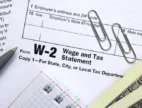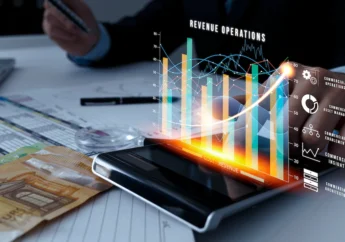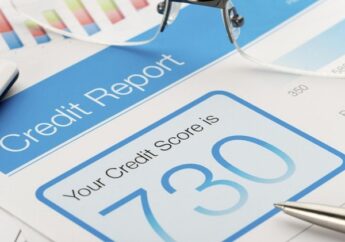Benefits Of Paying More Than The Monthly Minimum
by Ankita Tripathy Finance Published on: 17 November 2022 Last Updated on: 04 March 2025
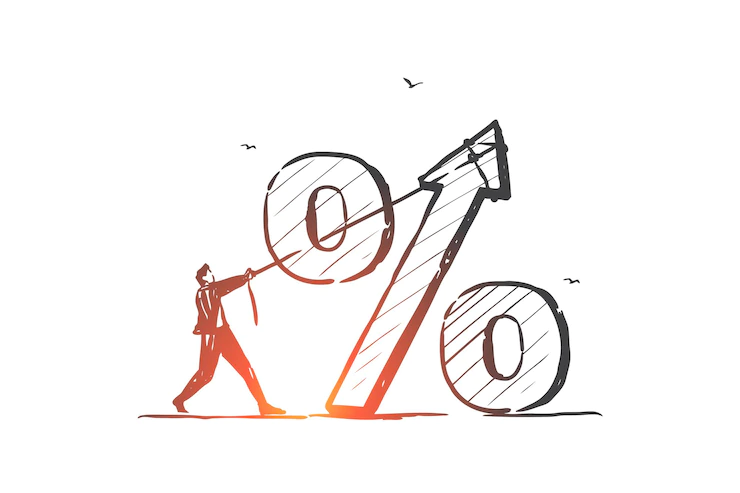
Most credit card companies will show you how many months it will take to pay off an entire balance owed when you make only the minimum monthly payment.
It can be a multi-year odyssey when you owe several thousand dollars. To understand why, let’s look at the concept of APR vs interest rate.
It’s the main reason those balances take so long to come down. Therefore, follow along to learn all you can about paying more to bring down the overall debt.
APR, Interest Rates, and an Explanation of Compounding
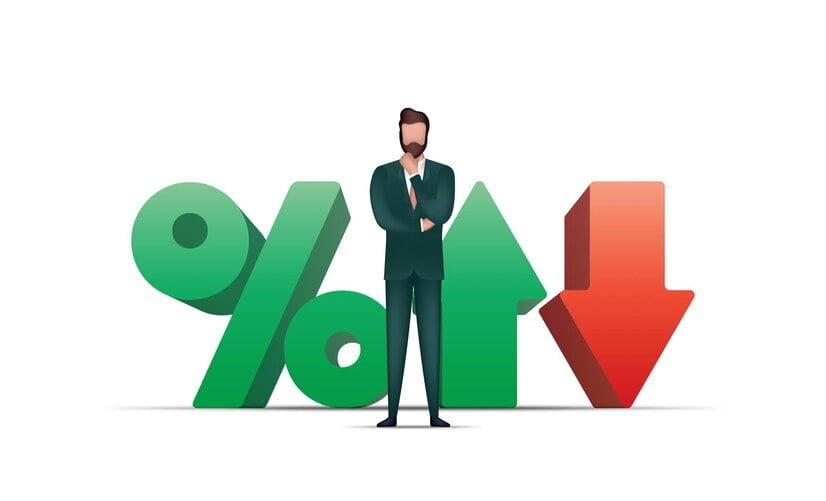
The credit card company offers a monthly minimum payment to ensure they cover their costs for the billing period. Only a tiny percentage of it is applied to the principal balance owed. The rest is used to cover your annual percentage rate (APR) finance charges, a number that includes your interest rate and any fees that you owe on transactions.
Is that last part news to you? Many consumers believe that “interest rate” and “APR” are interchangeable terms. They’re not. Interest is a component in the APR calculation, but it’s only one factor. That’s why credit card companies often charge 25% to 28% APRs. Interest rates are not that high, even for individuals with poor credit.
Another characteristic of credit card interest that you should know is that the rate varies from month to month, and interest compounds on unpaid balances. Soon after making that minimum monthly payment, the credit card company will charge you interest on the remaining balance. The following month, your daily rate is calculated on the principal plus the new interest.
Time, Money, and Mental Health as Reasons to Pay More Each Month
Staying in debt can limit future financial endeavours and become a “bad habit” that’s tough to break. Accelerating your time frame for getting out of debt is a motivational strategy that can manifest itself in other areas of your life. When you pay more than the minimum monthly payment, you’re less likely to add to the balance with more credit card charges.
Another more obvious reason for doing this is money. The credit card companies that show you a payment timeline should also show you how much you’ll pay in total if you stretch out your debt by making only minimum payments. That number could be thousands of dollars more than what you owe. Making higher monthly payments will cut that down significantly.
Finally, we come to mental health. According to a study conducted by the American Psychological Association (APA), money is a top cause of stress for 72% of US consumers. Some of that is due to job and wage situations. More of it is attributed to debt. Getting rid of credit card debt sooner by making higher monthly payments can improve your mental health.
Reasons Why You Must Pay More Than the Minimum on Your Credit Card
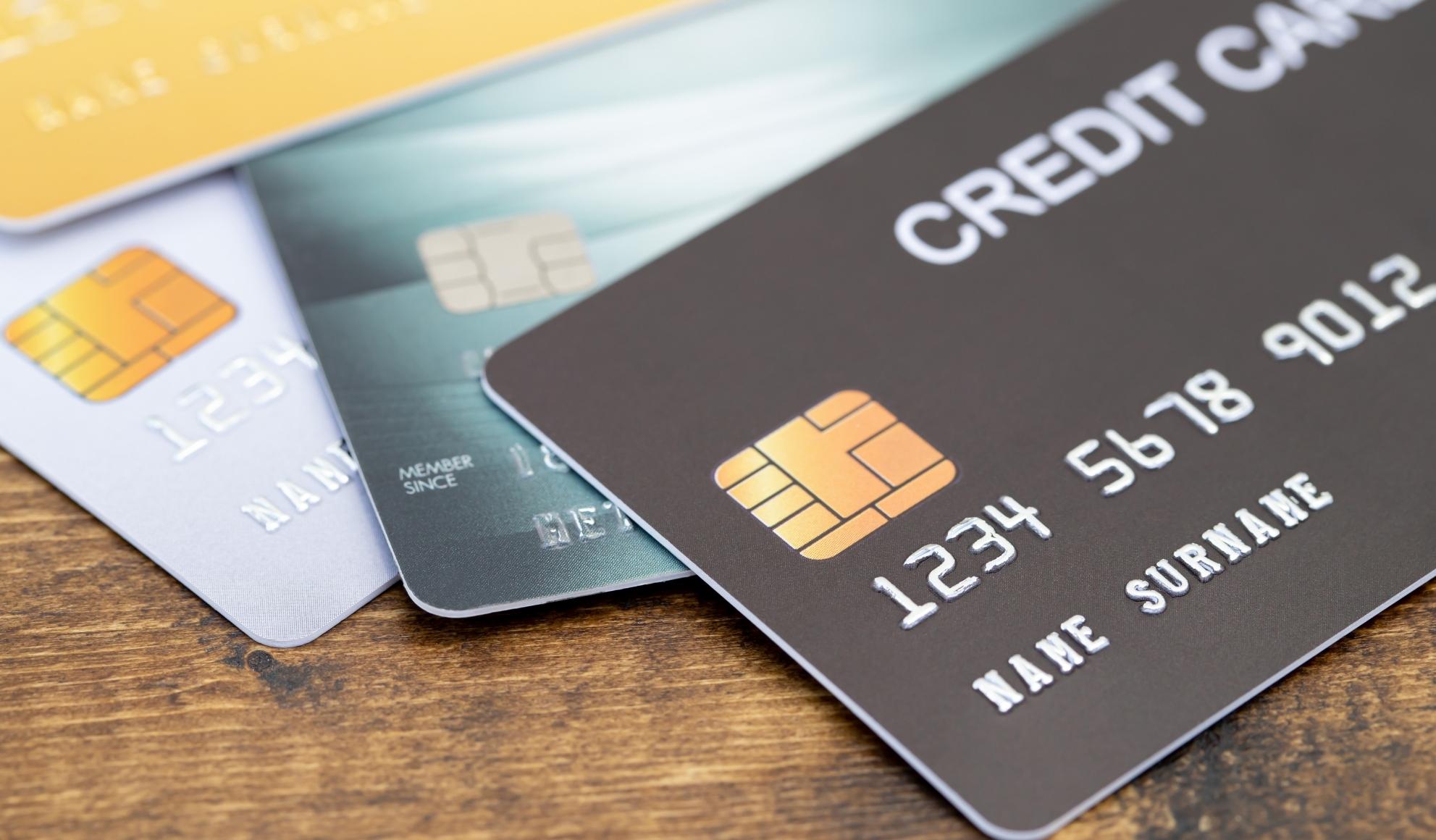
As a financial being, your primary concern should be to pay as much as possible in order to get debt off your chest earlier.
However, paying more than the minimum is not linear in nature. You must understand that it is a highly dynamic practice that has some really excellent benefits.
However, you must remember that these benefits are subjective in nature. Hence, take that subjectivity into account before you do anything.
Here they are:
Less Interest
Every dollar that you pay over the existing or minimum EMI will free you from the debt that you have incurred. In fact, as you increase your percentage, you are actually paying off your debt and the portion of the interest instead of just rolling the money.
Credit Utilization Ratio Lowering
Another critical component of a debt is the Credit Utilization Ratio or CUR. CUR is a ratio that banks and other financial institutions use in order to study the overall rate of credit utilization. If the payable amount on your credit card balance is more than 30% of your available credit, then your score is indeed to drop. This can affect your future borrowing.
You Do Not Max Out Your Card
Paying more than the minimum on your credit card also has the ability to reduce your overall debt percentage and prevent you from maxing out your credit card. Therefore, this is a fantastic benefit that comes with paying more than the minimum.
You & Issuer Will Have A Good Rapport
As a person who is in debt, you must have some sense of amicability with your issuer. This might not do wonders, but it will undoubtedly ease the journey. If an issuer sees that you are consistently paying off your debt, then they will automatically let you off the hook easier if things go awry. Therefore, paying extra earns you a good name with the issuer.
Early Activation of Grace Periods
If an issuer sees that you are consistent and effective in paying off your debt, then they will automatically kick in the grace period that comes with the credit card repayment plan. During the grace period, you will not be charged anything extra for any purchases that you make.
Increase General Creditworthiness
Creditworthiness is the general credibility of your name when it comes to taking out loans. In other words, a report of how you handle debt and if you are consistent with the repayment. Which can help you get loans with more ease and effortlessly. In exceptional cases, people with good creditworthiness are even offered lowered interest percentages.
The Bottom Line
To wrap this up, let’s examine the widespread view that consumers should “carry a small balance” on their credit cards. That’s not a sound financial strategy.
Any outstanding balance will accumulate interest charges and increase your APR. Pay them off as quickly as possible, and then only use them when you can pay the entire balance each month.
Additional:


























































































